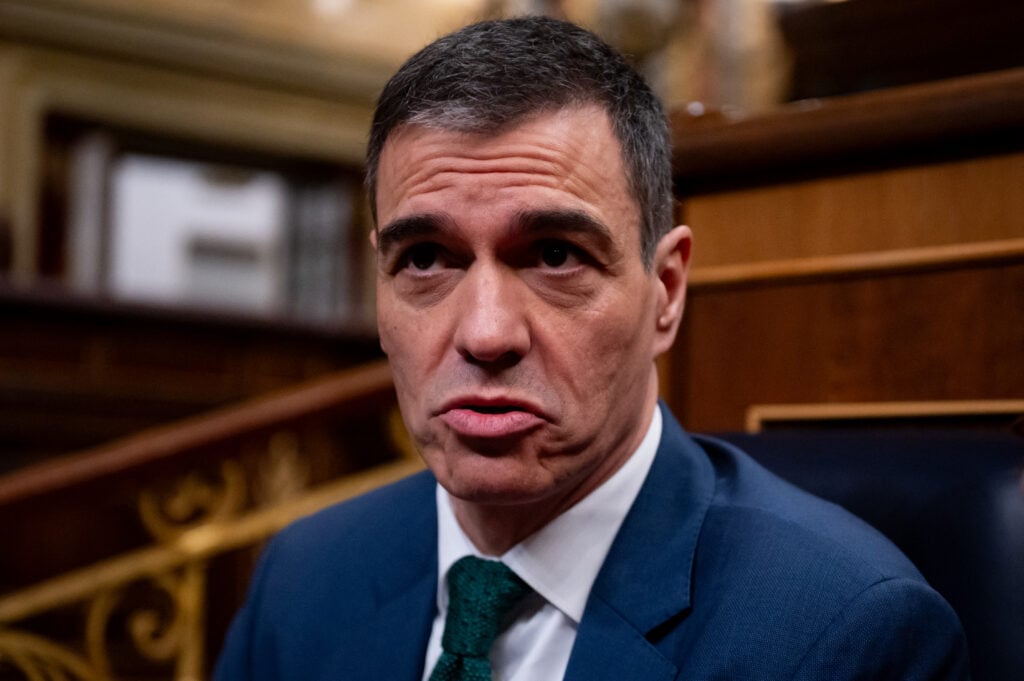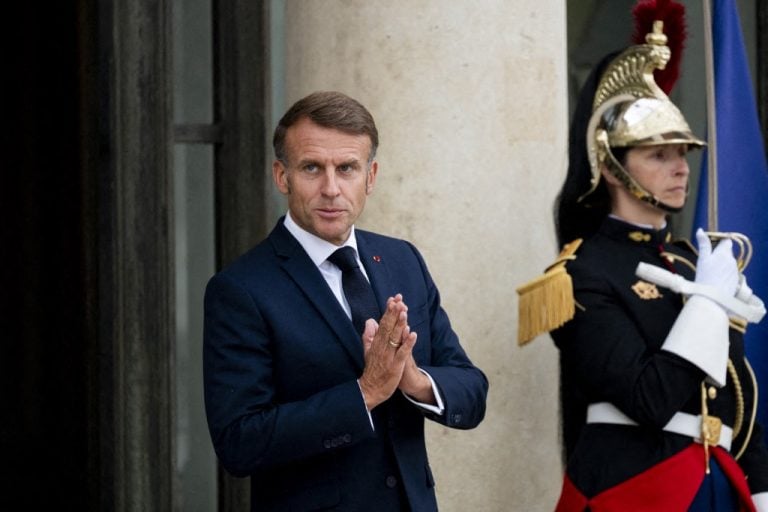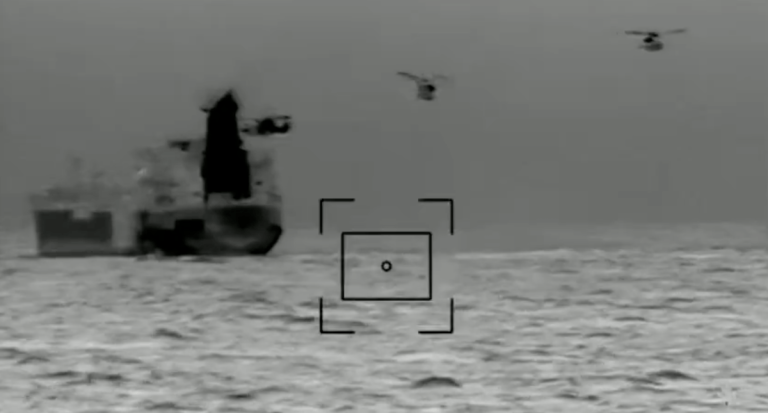Spanish Prime Minister Pedro Sanchez has expressed strong opposition to NATO’s proposed target of increasing defense spending to five percent of annual economic output, labeling it “unreasonable” for Spain. This stance comes ahead of a pivotal NATO summit scheduled for June 24-25 in The Hague, amidst increasing pressure from U.S. President Donald Trump for member nations to contribute more to defense and the ongoing conflict in Ukraine, which has spurred European nations to enhance their military capabilities.
Several NATO countries, including Germany and Poland, have backed the five percent goal, a significant rise from the two percent target established in 2014. However, Spain appears unwilling to meet this higher threshold. In a letter to NATO Secretary General Mark Rutte, Sanchez articulated his concerns, emphasizing that each member state should be able to determine the appropriate level of investment to meet their specific military capabilities. According to Spanish military estimates, a defense budget of 2.1 percent of GDP would be adequate for Spain.
Sanchez proposed that NATO adopt a “more flexible formula” during the summit, which could either make the five percent target optional or explicitly exclude Spain from this new goal. Currently, Spain ranks as the NATO member with the lowest defense spending relative to its economic output, and Sanchez’s earlier announcements of over 10 billion euros ($11.5 billion) in new defense investments aim to align the country’s spending with the two percent target for this year.
The Prime Minister finds himself navigating a delicate political landscape, balancing the expectations of NATO allies with the views of his junior coalition partner, the far-left Sumar alliance, which opposes increased military expenditures. Sanchez cautioned that a rapid increase in defense spending could lead to hasty acquisitions that might create interoperability issues among NATO member forces. He also raised concerns that escalating military investments could hinder the growth of local defense industries and detract from essential public spending in areas like health and education.
“For sustained real expenditure increases, our priority should be fostering significant economic growth,” he noted, emphasizing the potential negative repercussions of excessive military spending on Spain’s overall economic health.







